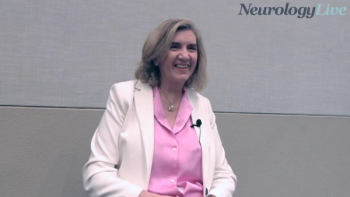
The vice chair of neurology at the Hospital Clínico San Carlos in Madrid highlighted the growing importance of detecting and managing progression in multiple sclerosis, particularly PIRA. [WATCH TIME: 6 minutes]

The vice chair of neurology at the Hospital Clínico San Carlos in Madrid highlighted the growing importance of detecting and managing progression in multiple sclerosis, particularly PIRA. [WATCH TIME: 6 minutes]

A study reveals long-term fumarate therapy significantly reduces infection-related healthcare utilization in multiple sclerosis patients compared to anti-CD20 treatments.
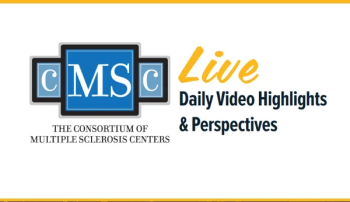
Host Jeffrey Wilken, PhD, chats with Anthony Feinstein, MPhil, PhD, FRCP, about the second day of the 2025 CMSC Annual Meeting in Phoenix, Arizona.

A new survey presented at CMSC 2025 highlighted the prevalence of burnout and job-related stress among neurology-based advanced practice providers and clinical pharmacists in the United States.

New findings reveal ozanimod shows no significant rebound effect in relapsing MS patients after treatment discontinuation, ensuring safer transitions.

Research highlights the benefits of natalizumab during pregnancy for women with multiple sclerosis, showing reduced disease activity and improved outcomes.

The ongoing PERSEUS trial explores tolebrutinib's potential as a treatment for primary progressive multiple sclerosis, with results anticipated soon.

Host Jeffrey Wilken, PhD, chats with Marie Namey, APRN, MSCN, about the first day of the 2025 CMSC Annual Meeting in Phoenix, Arizona.

New findings reveal ocrelizumab significantly improves symptoms, cognition, and fatigue in Black and Hispanic patients with relapsing multiple sclerosis.
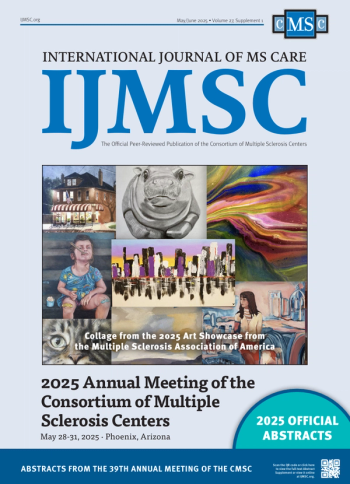
The 39th CMSC Annual Meeting is set to be held May 28-31, 2025, in Phoenix, Arizona. The International Journal of MS Care has published the abstracts.

The award ceremony is supported by Viatris and will take place on Thursday, May 29, 2025, at the Phoenix Convention Center in Phoenix, Arizona, during the 2025 CMSC Annual Meeting.
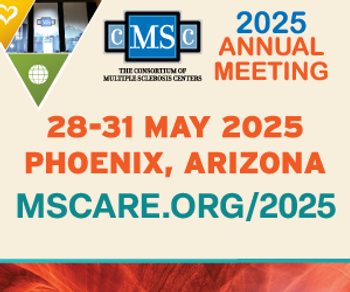
Move fast—April 30, 2025, is the final day to take advantage of early bird savings!
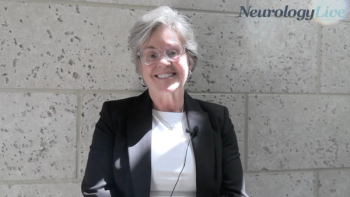
The interim chief executive officer at the Consortium of Multiple Sclerosis Centers invites healthcare professionals to the Consortium’s annual meeting from May 28–31 in Phoenix, Arizona. [WATCH TIME: 2 minutes]

Mind Moments®, a podcast from NeurologyLive®, brings you an exclusive interview with Douglas Wajda, PhD. [LISTEN TIME: 13 minutes]
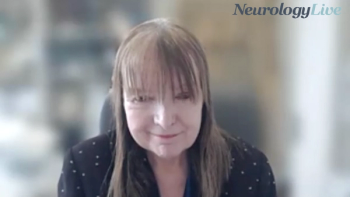
The professor of neurology at Stony Brook Medicine talked about the promising potential in ongoing studies assessing BTK inhibitors as treatment for primary progressive multiple sclerosis. [WATCH TIME: 3 minutes]
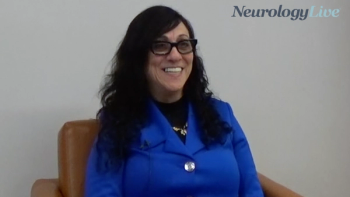
The assistant professor at Hunter College talked about the approach of localization to prevent misdiagnoses of multiple sclerosis and ensure patients receive appropriate treatment. [WATCH TIME: 3 minutes]

The assistant professor at Hunter College talked about how to effectively diagnose and treat multiple sclerosis through localization and active listening of the patient's history and symptoms. [WATCH TIME: 7 minutes]
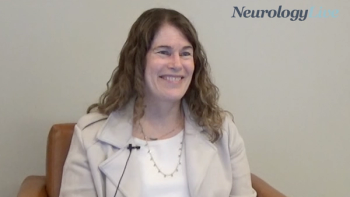
The associate vice president of research at National MS Society talked about proactive and early referral to rehabilitation services to effectively manage multiple sclerosis symptoms from the outset. [WATCH TIME: 4 minutes]

Douglas A. Wadja, PhD, an assistant professor of neurology at Cleveland State University, detailed a study assessing an electrical nerve stimulation approach to alleviate gait dysfunction in patients with MS.
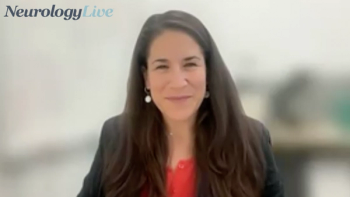
The assistant professor of neurology at UCSF Weill Institute for Neurosciences talked about a study that explored the use of commercial wearable devices to monitor and manage bladder dysfunction in multiple sclerosis. [WATCH TIME: 6 minutes]

Mind Moments®, a podcast from NeurologyLive®, brings you exclusive interviews with Anthony Feinstein, PhD, FRCPC, MBBCh; Brian G. Weinshenker, MD; Douglas A. Wajda, PhD; Le Hua, MD; and Eoin P. Flanagan, MB, BCh. [LISTEN TIME: 22 minutes]
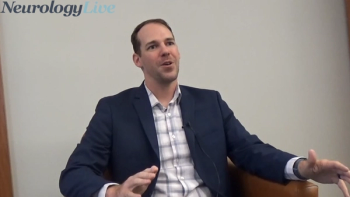
The assistant professor of neurology at Cleveland State University provided perspective on an early-stage study assessing the impacts of a functional electrical stimulation approach to treat gait problems in multiple sclerosis. [WATCH TIME: 4 minutes]

The director of Mission Delivery and Program Development for the Multiple Sclerosis Association of America provided perspective on a study presented at CMSC 2024 highlighting factors that play a role in access to resources and healthcare for patients with MS. [WATCH TIME: 3 minutes]

The head of the MS Center at Methodist Hospitals discussed the need for inclusive and affirming healthcare practices for patients with multiple sclerosis who identify as LGBTQ+.

The professor of neurology at Stony Brook Medicine talked about the diagnosis of primary progressive multiple sclerosis, a unique MS phenotype characterized by a gradual deterioration without initial attack. [WATCH TIME: 5 minutes]

The assistant professor at Hunter College emphasized the important role of localization and accurately identifying the origin of neurological symptoms when diagnosing and managing multiple sclerosis. [WATCH TIME: 7 minutes]
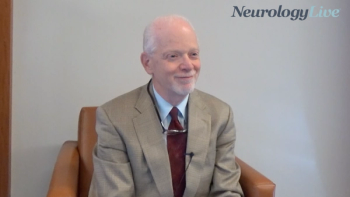
The professor of neurology at the University of Virginia talked about the improvement and areas of unmet need in the diagnosis and treatment for neuromyelitis optica spectrum disorder. [WATCH TIME: 6 minutes]

The associate vice president of research at National MS Society talked about proactive and early referral to rehabilitation services to effectively manage multiple sclerosis symptoms from the outset. [WATCH TIME: 4 minutes]
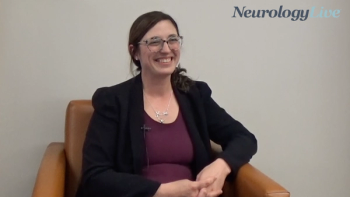
The assistant professor of neurology in the Perelman School of Medicine at University of Pennsylvania talked about her presentation at CMSC 2024 on the complex interactions of immune cells in multiple sclerosis. [WATCH TIME: 6 minutes]
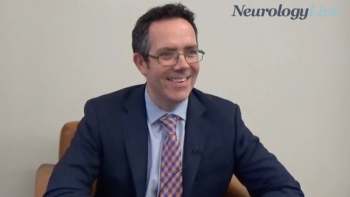
The professor of neurology at Mayo Clinic talked about how MOG antibody-associated disease can be diagnosed through specific antibody tests, highlighting its distinct clinical and MRI features. [WATCH TIME: 4 minutes]